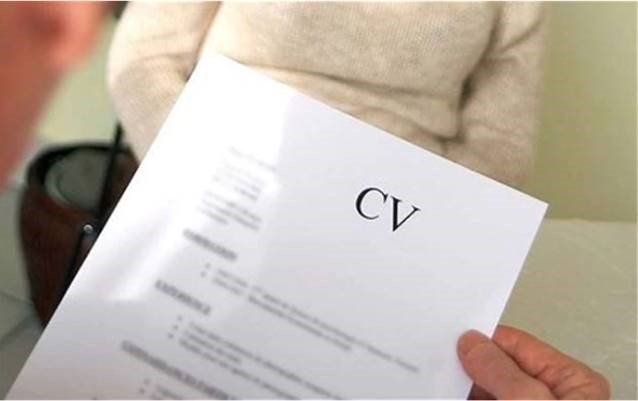References available on request
Jose Cofone • 15 January 2020
Did you know an employer is under no legal obligation to provide a reference.

It is common practice for recruiting companies to include the following statement in job offer letters: “This offer is subject to receiving satisfactory references!” But in this day and age, who gives adequate references let alone bad references?
Companies endeavour to gain references on all of their new staff but it is now common practise for referees to provide only basic details, normally confirmation of dates of employment plus last position worked but will generally not mention candidates’ reason for leaving. Who does this information help and why have we now reached a level of such basic references?
FACT: Did you know an employer is under no legal obligation to provide a reference.
Basic references are sometimes understandable with some of the larger companies, due to the size and HR set up, but how difficult would it be for the department or line manager to complete the reference? The same can be said about smaller companies or those with individual offices.
One of the reasons behind basic references is that companies do not wish to open themselves to any perceived legal action for defamation of character as a result of giving a negative reference.
Damages against a company may arise in any number of ways. The company may have to pay for the loss of income suffered by the employee if the negative reference caused the former employee to lose a new job. If the reference was taken by a professional screening company, the employee may not be able to secure another job in the industry until the screening company’s records are purged. Therefore a company may be required to compensate the employee for lost wages for potentially months or years while he or she remains unemployable. Over and above all of these costs, a court may order a company to pay punitive damages to the former employee and legal costs. Finally, the company will have to pay for its own lawyer’s fees for defending the company in the legal action.
However if the employer provides a factual reference, which ultimately could be termed ‘bad’, then no damages can be claimed. If an employee was factually constantly late or the company can demonstrate appraisals of poor performance or misconduct disciplinary notes, then no claims are possible.
Unfortunately by not providing bad references, companies cannot provide further information for good employees as they must appear consistent in their reporting. You cannot be gushing about one employee and just state dates for another. This in itself can appear discriminatory.
It is felt by some companies that by not providing good references it again safeguards them from any potential legal action, but not for the reason that you may think
I read about a company being sued after providing a positive reference. The individual employed made a number of costly mistakes in their new role and the hiring company attempted to sue the former employer on the grounds that they would have not recruited the person if not for the glowing reference that accompanied them. As unfortunate as this was, it shows how individuals need time to settle in and be provided with full training no matter how long they have been employed in the industry.
Who would have thought that gaining a reference could be such a legal minefield?
So why shouldn’t a company be able to provide a full reference? One tip to help companies provide fuller references is to keep emotions out of the report and in line with employee appraisals by using a tick list such as “Work habits: organised/ methodical/ accurate/ proactive/ reactive”. Recruiting companies will be clear on the calibre of the candidate that they are recruiting.
You might think that there is no point requesting references, but a technique some companies employ is to take testimonials (or unofficial) references. When available, these are generally very useful, especially if you speak to a direct manager / team leader. HR generally don’t know employees day to day habits
Individuals can also request a written reference or testimonial when they are leaving, especially if they are being made redundant. These are great to have available at interviews as they generally paint a good picture of the job seeker and save time down the line.
My old boss once said, “If school children can see their reports and have to attend parents meetings to discuss how they’re doing at school, then why shouldn’t our work references be equally as open? I believe that references should be written, discussed and agreed before an employee leaves so there is no mystery. If references are supposed to be factual, then there is nothing to hide.”
In closing, we must remember that a reference is normally only one persons opinion and 70% of companies employ the person that they like the best so let your personality shine through! If you’re worried about your references, remember that they have to be factual. Do not leave out companies you worked out because you think they’ll give you a bad reference. False gaps are far worse and you will probably be found out.








